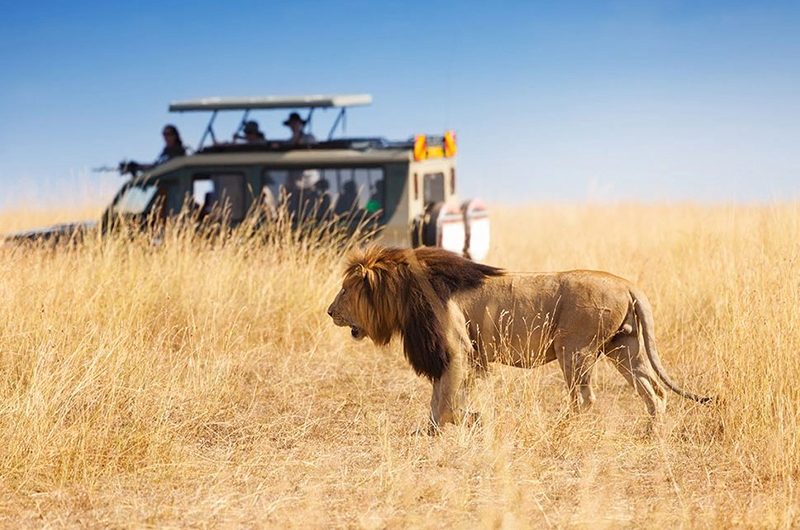Tips for a Safe & Healthy Safari in Kenya
A safari in Kenya is a once-in-a-lifetime adventure wild landscapes, close encounters with majestic animals, and unforgettable moments under African skies. While it’s an incredibly rewarding experience, it’s also important to stay safe, healthy, and well prepared so you can enjoy every second without worry.
At Chacal Safaris, your wellbeing is our top priority. Here’s a complete guide to help you stay safe and healthy during your Kenyan safari.
1. Consult Your Doctor Before You Travel
Before your trip, visit a travel clinic or your healthcare provider to discuss any necessary vaccinations or medications. Common recommendations for Kenya include:
- Yellow Fever (may be required depending on your travel history)
- Typhoid, Hepatitis A & B, and Tetanus boosters
- Malaria prevention – tablets may be recommended depending on your itinerary
- COVID-19 considerations and standard international travel vaccines
Pro Tip: Carry a copy of your Yellow Fever certificate if required, especially if you’re traveling from or through another African country.
2. Use Mosquito Protection
Malaria and other mosquito-borne illnesses exist in Kenya, particularly in lower-altitude areas like the coast and lake regions. To reduce your risk:
- Use a good insect repellent (with DEET or picaridin)
- Wear long-sleeved shirts and trousers in the evening
- Sleep under a mosquito net when provided
- Choose safari accommodations with screens or air conditioning
3. Stay Hydrated & Eat Smart
Kenya’s climate can be hot and dry, especially on game drives, so drink plenty of water. Always:
- Carry a refillable water bottle
- Avoid drinking tap water — stick to bottled or purified water
- Choose freshly prepared, cooked meals at lodges or camps
- Wash your hands regularly or use hand sanitizer
Chacal Safaris ensures all partner lodges maintain high hygiene standards and provide safe drinking water and meals.
4. Pack a Personal Medical Kit
While many lodges are well-equipped, it’s smart to travel with a basic first-aid kit, including:
- Antiseptic wipes & plasters
- Pain relievers (paracetamol or ibuprofen)
- Anti-diarrheal medication
- Allergy medications or antihistamines
- Motion sickness tablets (for bumpy roads or flights)
Also, bring any prescription medication you need in original packaging and with a copy of the prescription.
5. Respect Wildlife and Park Rules
Staying safe on safari also means respecting the wild:
- Always follow your guide’s instructions
- Don’t leave the vehicle during game drives unless it’s a designated area
- Keep a safe distance from all animals, no matter how calm they seem
- Don’t feed wildlife or leave litter behind
Remember: You’re in their home.
6. Travel Insurance Is Essential
A comprehensive travel insurance policy is a must. It should cover:
- Medical emergencies
- Evacuation (especially from remote areas)
- Trip cancellations or delays
- Lost or stolen belongings
Chacal Safaris can assist in recommending reliable providers for peace of mind.
Safari the Smart Way with Chacal Safaris
A safari in Kenya is wild, beautiful and with the right preparation , perfectly safe. At Chacal Safaris, we take care of every detail so you can travel confidently and focus on the experience, not the worries.
Travel smart. Stay healthy. Safari safely. Let us guide your adventure.

